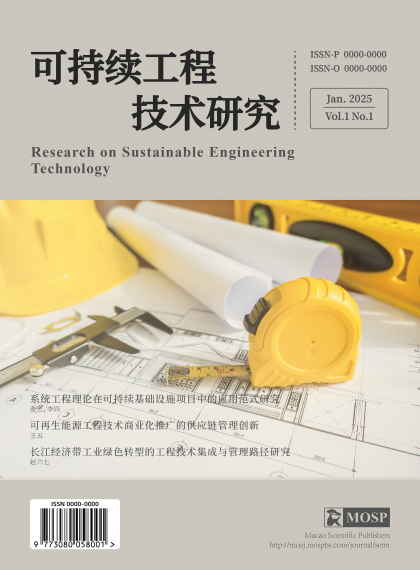摘 要:
农业废弃物的资源化利用是实现农业可持续发展的重要途径。本研究提出炭化气化耦合系统,并对其热力学行为进行了分析。首先通过炭化技术将农业废弃物转化为生物炭,同时释放可燃性气体;随后利用气化技术进一步转化生物炭为高热值气体,以提高能源利用效率。采用热力学模型对耦合系统的关键参数进行了计算与优化,分析了温度、原料组成及反应热等因素对系统性能的影响。结果表明,该耦合系统能够显著提升能源转化效率,降低碳排放,同时实现废弃物的高价值资源化。研究表明,该技术在农业废弃物处理与能源回收方面具有广阔的应用前景,为绿色农业和能源可持续发展提供了理论支持和技术参考。
关键词:农业废弃物;炭化气化耦合系统;热力学分析;能源转化效率;资源化利用
Abstract:
The resourceful utilization of agricultural wastes represents a crucial approach to achieving sustainable agricultural development. This study proposes a coupled carbonization-gasification system and conducts a thermodynamic analysis of its behavior. Initially, agricultural wastes are converted into biochar through carbonization technology, while combustible gases are simultaneously released. Subsequently, gasification technology is employed to further transform the biochar into high-calorific-value gases, thereby enhancing energy utilization efficiency. A thermodynamic model is utilized to calculate and optimize key parameters of the coupled system, and the influences of factors such as temperature, raw material composition, and reaction heat on system performance are analyzed. The results indicate that this coupled system can significantly improve energy conversion efficiency, reduce carbon emissions, and simultaneously realize high-value resourceful utilization of wastes. The research demonstrates that this technology holds broad application prospects in the treatment of agricultural wastes and energy recovery, providing theoretical support and technical references for green agriculture and sustainable energy development.
Keywors: Agricultural wasts; Coupled carbonization-gasification systm; Thermodynamic analyss; Energy conversion efficiency; Resourceful utilization
--
